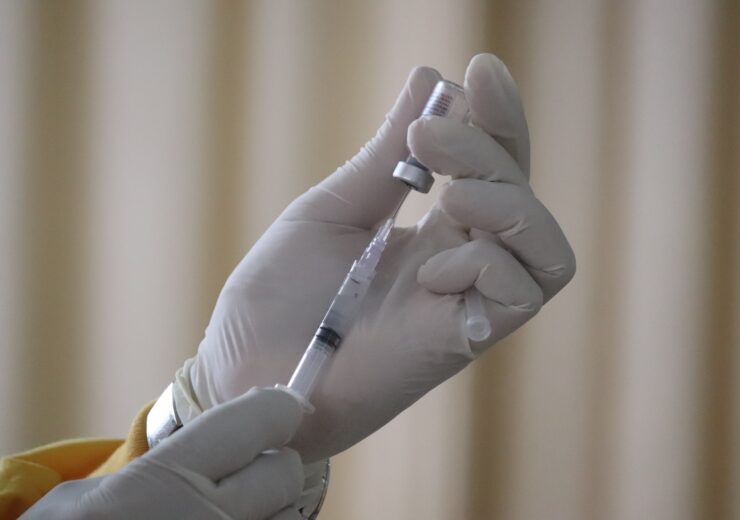The therapeutic vaccine candidate is currently slated to enter into a Phase 1b trial following the completion of a Phase 1a clinical trial in the first half of this year

DxVx plans to conduct trials of OVM-200 in Asia. (Credit: Mufid Majnun on Unsplash)
South Korea-based DxVx has unveiled plans to enter into a license-in agreement with Oxford Vacmedix (OVM) for the OVM-200 anti-cancer vaccine candidate to conduct its own clinical trials and further develop it with its own knowledge of new drug development.
OVM-200 has been designed to penetrate the body and destroy cancer cells. Even after fresh cancer cells proliferate, immune cells are expected to eventually recognise and destroy the original cancer cells.
The therapeutic vaccine candidate is currently slated to enter into a Phase 1b trial following the completion of a Phase 1a clinical trial in the first half of this year.
OVM-200 has yielded successful results in the Phase 1a clinical study.
Discussions are ongoing for the initiation of Phase 1b clinical trials to be carried out in the UK by OVM and in Asia, covering South Korea and China, by DxVx.
OVM is a spin-off firm from the UK-based Oxford University. DxVx is the largest shareholder in OVM with a stake of 43%.
As per DxVx, the application of recombinant overlapping peptide (ROP) technology in OVM-200 notably amplifies immunity and enhances vaccine efficacy.
Furthermore, the specific targeting of survivin, an anti-apoptotic protein closely linked to cancers, and DxVx’s pool of experts with substantial experience in new drug development and commercialisation are expected to be distinguishing factors.
DxVx said that OVM-200 is highly safe because of being a peptide vaccine. In addition, it is said to have significant advantages in terms of stability.
Additionally, compared to currently available peptide complex technology, which creates and blends multiple peptides, OVM’s ROP platform technology offers superior production and cost advantages, said DxVx.
DxVx believes that the development of a vaccine for cancer prevention will also be feasible if sufficient evidence is gathered demonstrating that OVM-200 improves chemotherapy patients’ prognosis and stops relapse.
The South Korean firm is presently in the process of negotiating the licensing terms with OVM and coordinating the final details.
